Diplomatic Immunity Consulting serves as a cornerstone of effective diplomacy. It provides legal protections to diplomats and certain foreign officials, allowing them to carry out their functions without interference from the host country’s legal system. This immunity is not merely a privilege; it is a safeguard for maintaining open, secure, and productive communication between states, particularly in sensitive geopolitical environments. By ensuring diplomats are not subjected to local prosecution or civil lawsuits, diplomatic immunity helps maintain the mutual respect and sovereignty essential for global cooperation.
However, despite its foundational role, the application and interpretation of diplomatic immunity can be incredibly complex. Immunity levels can vary significantly depending on the diplomat’s rank, the nature of the mission, and the specific agreements in place between nations. Questions often arise around who qualifies for immunity, what actions are protected, and how these protections can be maintained without encouraging abuse. When incidents involving diplomatic personnel occur—whether related to traffic violations, employment disputes, or more serious criminal accusations—the host government must carefully balance legal accountability with international obligations.
This is where diplomatic immunity consulting becomes invaluable. Consulting firms and legal experts in this field provide critical support to embassies, consulates, international organizations, and government agencies. They help navigate these complex legal landscapes by offering strategic advice, conducting risk assessments, and providing training to ensure compliance with both domestic and international laws. Whether it’s responding to a crisis involving a diplomatic family member or ensuring that mission staff understand the boundaries of their immunity, consulting professionals play an essential role in upholding both the letter and the spirit of diplomatic law.
Diplomatic Immunity Consulting
Diplomatic immunity is a principle of international law that grants foreign diplomats protection from legal action in their host country. Established under the Vienna Convention on Diplomatic Relations of 1961, it ensures that diplomats can perform their functions without harassment or influence from the host nation’s laws. While this immunity is essential for maintaining international diplomacy, it can sometimes lead to controversies, especially when individuals exploit their status.
The Role of Diplomatic Immunity Consultants
Diplomatic immunity consultants specialize in advising on the nuances of diplomatic law and its application. Their services include:
Legal Advisory: Providing interpretations of international treaties and local laws as they pertain to diplomatic immunity.
Crisis Management: Assisting in handling incidents where diplomatic immunity is questioned or invoked.
Training and Workshops: Educating diplomatic staff on their rights, responsibilities, and the ethical implications of their immunities.
Policy Development: Helping embassies and foreign missions draft policies that align with international standards and local regulations.
Case Studies Highlighting the Importance of Expertise
The Raymond Davis Incident
In 2011, Raymond Davis, a CIA contractor, was arrested in Pakistan after fatally shooting two men. The U.S. government asserted that Davis had diplomatic immunity, leading to a significant diplomatic standoff between the U.S. and Pakistan. The incident underscored the complexities surrounding the determination of diplomatic status and the potential for international disputes when such statuses are ambiguous.
The Devyani Khobragade Case
In 2013, Devyani Khobragade, the Deputy Consul General of India in New York, was arrested on charges of visa fraud related to her domestic worker’s employment. Her arrest and subsequent strip-search led to a diplomatic row between India and the United States, highlighting the sensitivities involved when diplomatic immunity is perceived to be violated.
The Harry Dunn Tragedy
In 2019, Harry Dunn, a British teenager, was killed in a road accident involving Anne Sacoolas, the wife of a U.S. diplomat in the UK. Sacoolas claimed diplomatic immunity and left the UK, leading to public outcry and strained UK-U.S. relations. This case brought attention to the scope of diplomatic immunity for family members and the challenges in balancing legal accountability with diplomatic protections.
Statistics on Diplomatic Incidents
While the majority of diplomats adhere to host country laws, there have been instances where diplomatic immunity has been invoked in serious cases. For example, in the UK, diplomats and their dependents were accused of nine serious offenses in 2023, including sexual assault and possession of indecent images of children. These incidents highlight the delicate balance between respecting diplomatic immunity and addressing criminal behavior.
The Ethical Implications
While diplomatic immunity is designed to protect diplomats from undue influence, its misuse can lead to ethical and legal dilemmas. Consultants in this field not only provide legal guidance but also emphasize the importance of ethical conduct, ensuring that diplomats understand the gravity of their actions and the potential repercussions on international relations.
结论
Navigating the intricacies of diplomatic immunity requires a deep understanding of international law, local regulations, and ethical considerations. 威廉·布莱克斯通国际 has assisted many clients with their goals, ensuring that diplomats and related entities operate within the bounds of the law while upholding the integrity of international diplomacy.













